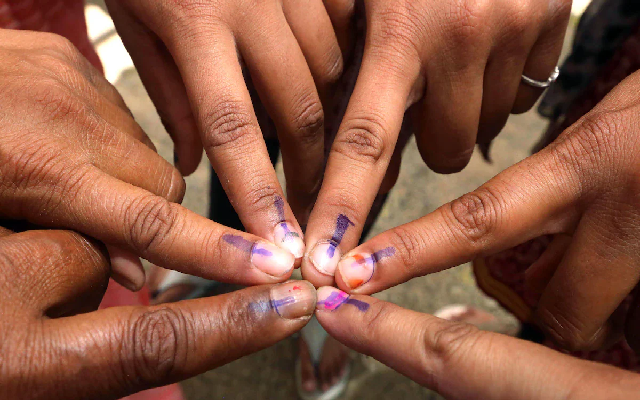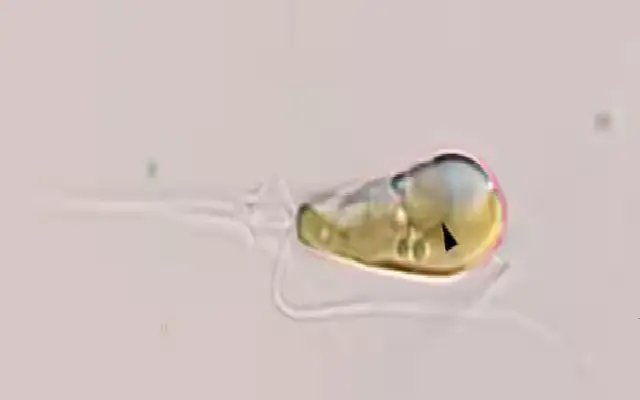From the inside, nothing in the world feels more powerful than our impulse to care for helpless children. But new research shows that caring for children may actually be even more powerful than it feels. It may not just influence children’s lives—it may even shape their genes.
As you might expect, the genomic revolution has completely transformed the nature/nurture debate. What you might not expect is that it has shown that nurture is even more important than we thought. Our experiences, especially our early experiences, don’t just interact with our genes, they actually make our genes work differently.

This might seem like heresy. After all, one of the first things we learn in Biology 101 is that the genes we carry are determined the instant we are conceived. And that’s true.
But genes are important because they make cells, and the process that goes from gene to cell is remarkably complex. The genes in a cell can be expressed differently—they can be turned on or off, for example—and that makes the cells behave in completely different ways. That’s how the same DNA can create neurons in your brain and bone cells in your femur. The exciting new field of epigenetics studies this process.
One of the most important recent discoveries in biology is that this process of translating genes into cells can be profoundly influenced by the environment.
In a groundbreaking 2004 Nature paper, Michael Meaney at McGill University and his colleagues looked at a gene in rats that helps regulate how an animal reacts to stress. A gene can be “methylated” or “demethylated”—a certain molecule does or doesn’t attach to the gene. This changes the way that the gene influences the cell.
In carefully controlled experiments Dr. Meaney discovered that early caregiving influenced how much the stress-regulating gene was methylated. Rats who got less nuzzling and licking from their mothers had more methylated genes. In turn, the rats with the methylated gene were more likely to react badly to stress later on. And these rats, in turn, were less likely to care for their own young, passing on the effect to the next generation.
 The scientists could carefully control every aspect of the rats’ genes and environment. But could you show the same effect in human children, with their far more complicated brains and lives? A new study by Seth Pollak and colleagues at the University of Wisconsin at Madison in the journal Child Development does just that. They looked at adolescents from vulnerable backgrounds, and compared the genes of children who had been abused and neglected to those who had not.
The scientists could carefully control every aspect of the rats’ genes and environment. But could you show the same effect in human children, with their far more complicated brains and lives? A new study by Seth Pollak and colleagues at the University of Wisconsin at Madison in the journal Child Development does just that. They looked at adolescents from vulnerable backgrounds, and compared the genes of children who had been abused and neglected to those who had not.
Sure enough, they found the same pattern of methylation in the human gene that is analogous to the rat stress-regulating gene. Maltreated children had more methylation than children who had been cared for. Earlier studies show that abused and neglected children are more sensitive to stress as adults, and so are more likely to develop problems like anxiety and depression, but we might not have suspected that the trouble went all the way down to their genes.
The researchers also found a familiar relationship between the socio-economic status of the families and the likelihood of abuse and neglect: Poverty, stress and isolation lead to maltreatment.
The new studies suggest a vicious multigenerational circle that affects a horrifyingly large number of children, making them more vulnerable to stress when they grow up and become parents themselves.
Twenty percent of American children grow up in poverty, and this number has been rising, not falling. Nearly a million are maltreated. The new studies show that this damages children, and perhaps even their children’s children, at the most fundamental biological level.
















